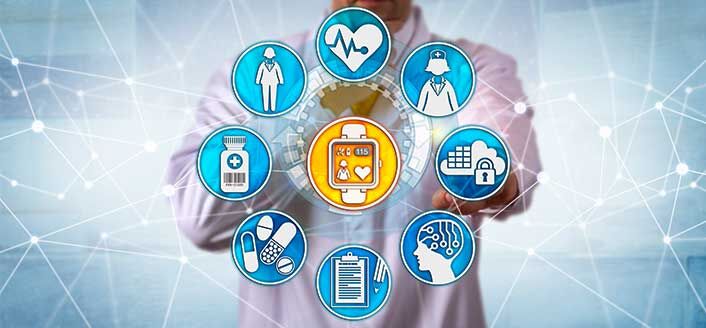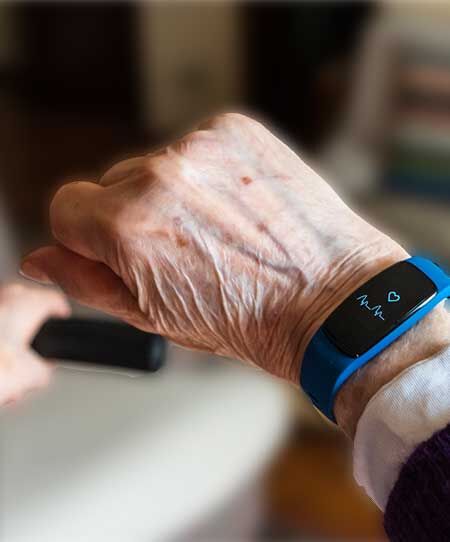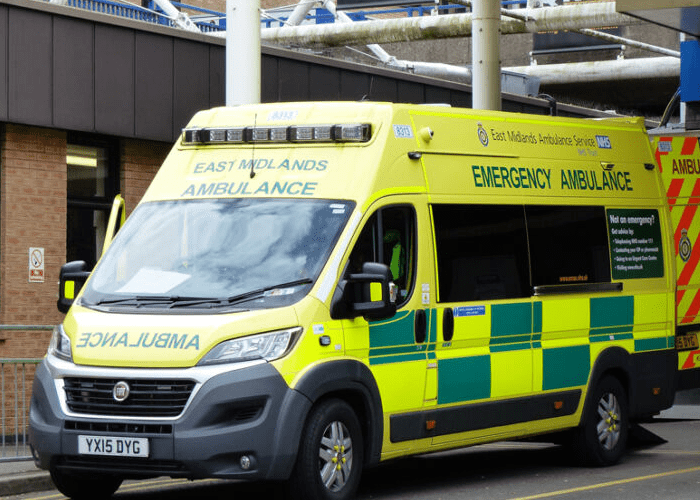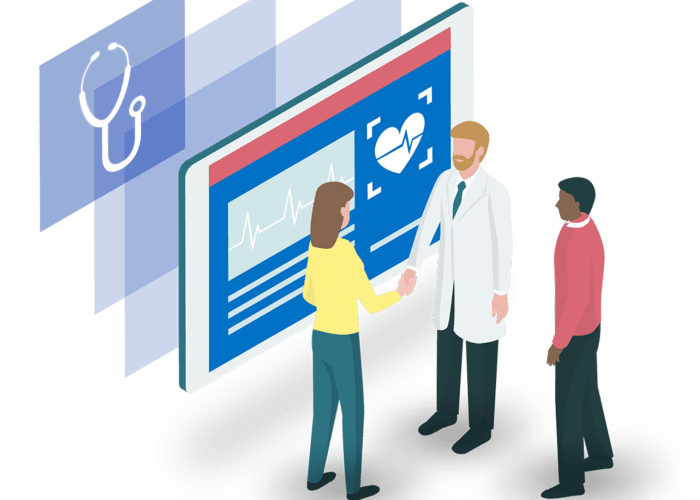The Internet of Things (IoT) is experiencing rapid growth in the healthcare market. According to a 2016 report by Allied Market Research, the IoT healthcare market will reach $136.8 billion worldwide by 2021. This growth is caused by a number of aligning factors. IoT devices, specifically wearables and sensor technology, have become more widely available and cost-effective in recent years, just as the healthcare industry is facing increased demands to lower the cost of care and develop better treatment options. Healthcare also is facing a growing burden as the worlds population ages. According to the World Health Organization, 22% of the worlds population will be over the age of 60 by 2050.
To meet these demands and help maintain reasonable cost controls, healthcare providers have turned to IoT for innovations in healthcare. Together, this development and rapid growth has created the Internet of Medical Things (IoMT), a system of medical devices and applications that collect and transmit health data for analysis on a connected network.
IoMT Wearables for Managing Chronic Illness, Diagnosing Issues
Wearables for tracking health data, such as the Fitbit, have become an everyday part of life for many people. However, IoMT wearables go beyond the simple health measurements offered by consumer-oriented devices. Healthcare providers can receive a real-time picture of a patients health through IoMT wearables that monitor blood pressure, blood chemistry, brain activity, glucose levels, pain levels, and other body metrics. IoMT networks can use this sophisticated sensor data to diagnose the potential of conditions, such as diabetes or atrial fibrillation, alerting both patient and doctor to schedule an in-person checkup as soon as possible.
For elderly patients and those dealing with chronic illness, adherence to prescribed treatments is critical to reducing the cost of care. In addition to sensors that track vitals and bodily system performance, portable diagnostic devices can run routine tests and report findings to healthcare providers. IoMT devices also can help patients track their medication schedule, set reminders for taking medication, and automatically refill prescriptions when they are running low. For patients dealing with degenerative diseases, such as rheumatoid arthritis, IoMT wearables outfitted with mobility sensors can help improve gait and guide patients through regular exercises to maintain strength.
IoMT Devices Can Help Shorten Recovery Times
One of the highest costs in healthcare is post-operative recovery. Invasive surgeries, such as hip replacements, can require months of physical therapy and strict adherence to doctors orders to achieve effective recovery. When a patient misses a therapy session or fails to take the proper medication, extended recovery periods lead to greater inefficiencies and increased waste in the healthcare system. According to a study from the University of Michigan, Medicare payments for patient recovery can run two to three times higher for patients who experience post-operative complications.
With the advent of IoMT, devices can track patient compliance and detect issues that could result in revisions to the recovery plan. When caught in time, these issues can be compensated for or avoided altogether. In some cases, IoMT sensor technology can be combined with telemedicine and IoT metrics to speed up the overall recovery period, reducing the need for the patient to use skilled nursing facilities, and lowering the likelihood of readmission to a healthcare facility.
Managing the Road to Recovery with Aeris
As IoMT continues its rapid expansion, the need for reliable connectivity solutions with low cost of ownership is necessary for positive patient outcomes. Aeris provides IoT connectivity that enables healthcare providers and IoMT developers to achieve the highest levels of patient engagement and medication adherence. With Aeris connectivity, patients have access to improved health outcomes that can shorten hospital stays, help prevent emergencies, and reduce readmissions.
To learn more about Aeris and how we can help reduce the cost of healthcare through IoMT, contact us today.




